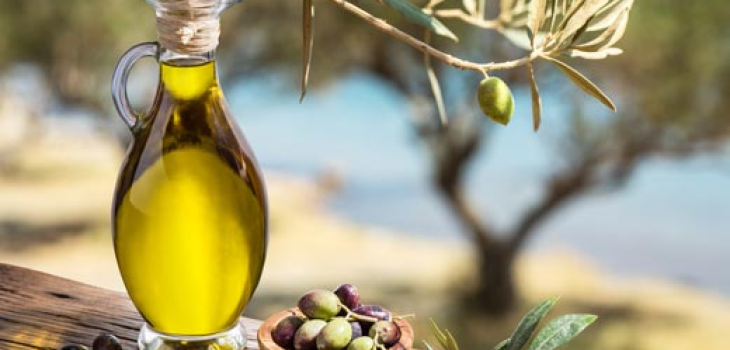Bitter or spicy olive oil: why does it occur?
It has happened to anyone to taste different types of extra virgin olive oil: and to find that some were sweet and fruity, while others were more bitter or spicy. The latter, certainly less liked by the general public, are even mistaken for bad oils or oils with production defects.Nothing, however, is further from the truth. EVO oil, being a product derived from the pressing of olives, acquires the nutritional and antioxidant properties in which they are so rich in order to protect against harmful bacteria, fungi and insects. Polyphenols and Tocopherols present in olives, which are responsible for the emerald green color, reduce the level of cholesterol and free radicals in our body, as well as preserve the product from aging. Determining the bitter taste then, the quality of the olive contributes as much as the type of pressing and the time between pressing and harvesting.
If the olives, on the contrary, are harvested already ripe, black or purplish in color, they lose a good part of their antioxidants, thus resulting in a sweeter taste and can only generate oils that are less rich in nutrients.
A new, quality oil must therefore be able to be stored without the addition of any artificial substance for at least a year.
In the past, producers tended to sell a sweeter product, while today, following further scientific studies done on the properties of cold-milled green olives, they prefer to offer a bitterer, but higher quality product.
Are the tingling and bitterness in extra virgin olive oil good or bad?
Both initial sensations of tingling and bitterness tend to diminish over time. As the flavor of extra virgin olive oil becomes more palatable, it does not lose its unique organoleptic and nutritional properties, remaining a product of the highest quality.

